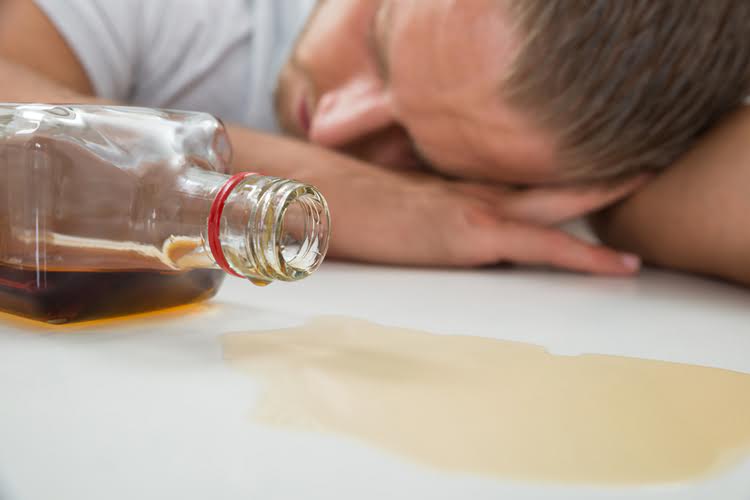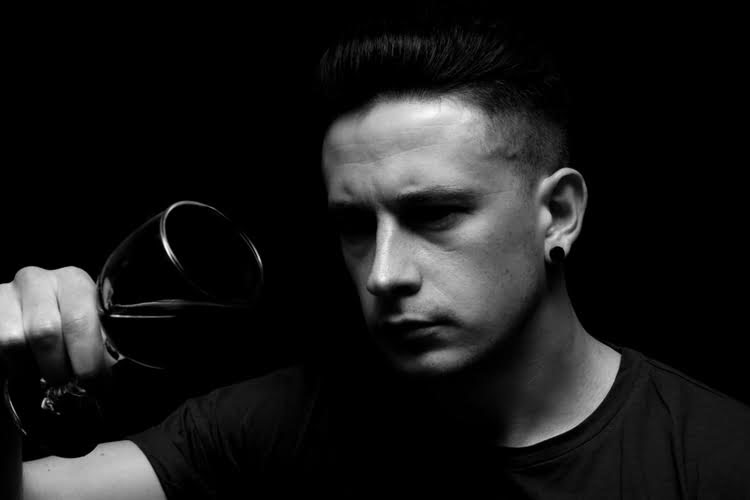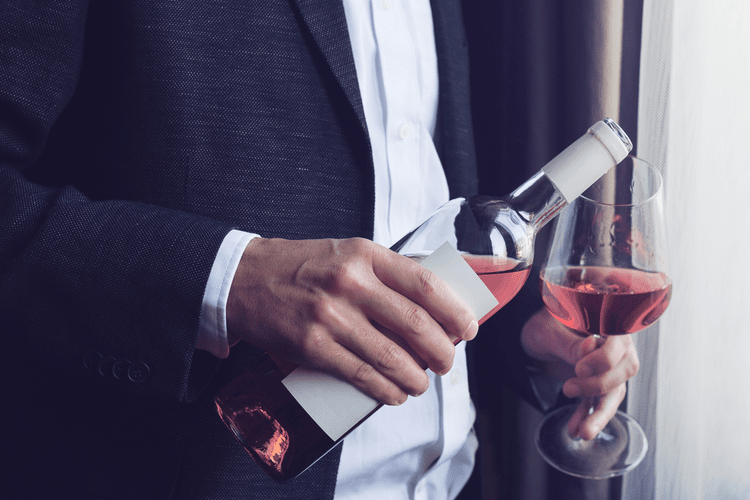This is especially noticeable during withdrawal, as the brain struggles to regain normal functioning without alcohol. Difficulty concentrating can be worsened by other symptoms like anxiety, restlessness, and sleep disturbances. Irritability affects 40-60% of individuals with alcohol-induced anxiety disorder. It is often linked to the brain’s response to the sudden absence of alcohol, causing mood swings and emotional instability.
Treatments for Co-Occurring Anxiety and Alcohol Abuse
- These effects can make it seem like drinking alcohol is providing the person with relief from their anxiety.
- At Talkiatry, our psychiatrists can treat patients with mental health conditions such as anxiety or depression and substance use disorders that occur at the same time.
- These different models are not necessarily irreconcilable when considering the patho-developmental trajectory of addiction.
- Before you know it, this can ramp up into a full-blown alcohol use disorder that further complicates your ability to manage your anxiety.
- Those symptoms combine to worsen your anxiety and sometimes leave you feeling guilty, insecure, and flustered.
Accurate, complete profiles best connect you with the right people for your services. Maintain your profile by updating your photos, video links, treatment services, and contact details to ensure optimal visibility. Recovery.com uses a standard procedure to make sure treatment provider profiles on our site are current and complete. We list any treatment center that meets our rehab criteria, giving you the best list of options possible when looking for treatment. The Healing Place and Refine Recovery are available 24/7 to discuss your treatment options. Their representatives will discuss whether their facility may be an option for you.

Alcohol and anxiety: Panic attacks after drinking
Knowing how alcohol affects anxiety may make it less tempting to have a drink to cope. Mindfulness practices and stress reduction techniques can help you manage anxiety without relying on alcohol. Mindfulness meditation helps you cultivate self-awareness as you learn to observe your thoughts and feelings without judgment. This can also help you place some distance between feeling triggered and acting on it, meaning you’ll gain more control over your reactions as you learn to self-regulate your emotions. For someone with social anxiety, for example, drinking might seem https://ecosoberhouse.com/ like a welcome icebreaker. But those relaxed inhibitions can be a double-edged sword, as poor decision-making and awkward interactions only reinforce social anxieties once the fog clears.

What does alcohol do to our brains?
- Heavy alcohol use damages and disrupts the functioning of the brain and directly causes and increases anxiety.
- There may also be a more direct link between alcohol consumption and anxiety.
- Alcohol use disorders frequently co-occur with depression and anxiety disorders, with each condition exacerbating the severity and chronicity of the others.
- He went on to complete his residency in psychiatry at Harvard South Shore, an affiliate of Harvard Medical School, where he served as Chief Resident and earned his 360° Professionalism award.
- Scientists are finding chemical reasons you may experience heightened anxiety the day after drinking.
Thus, among those 23 patients who had an anxiety disorder at baseline and remained abstinent after approximately 120 days, 61 percent no longer met criteria for an anxiety disorder at follow-up. Another study with 171 male veterans demonstrated that self-reported measures of temporary anxiety (i.e., state anxiety) decreased rapidly during inpatient alcohol treatment (Brown et al. does alcohol give you anxiety 1991). It was furthermore noteworthy that scores on a measure of the participants’ overall anxiety levels (i.e., trait anxiety) also changed significantly at 3-month follow-up.
Risk Factors for Developing Both Anxiety and Alcohol Issues
Alcohol is a depressant that impacts the central nervous system, initially creating a sense of relaxation by increasing gamma-aminobutyric acid (GABA), a neurotransmitter that reduces anxiety. However, as the body metabolizes alcohol, these calming effects wear off, often leaving individuals feeling more anxious than before. This phenomenon, sometimes referred to as “hangxiety,” can trigger a dangerous pattern of drinking to alleviate anxiety, which ultimately exacerbates the problem.

Anyone can experience anxiety—or “hangxiety”—after drinking, even if you aren’t dealing with alcohol dependence. However, if you find yourself frequently experiencing anxiety and regret after drinking, particularly after heavy drinking, it may be a sign of a more serious problem. Third, different comorbidity patterns exist among patient subgroups with different demographic characteristics such as race/ethnicity and gender. For example, in the NESARC, Native Americans Sober living home had elevated rates both of anxiety disorders and of AUDs over the past 12 months but lower rates of co-occurrence between these disorders compared with other ethnic groups (Smith et al. 2006). These gender differences are discussed in more detail in the sidebar.
